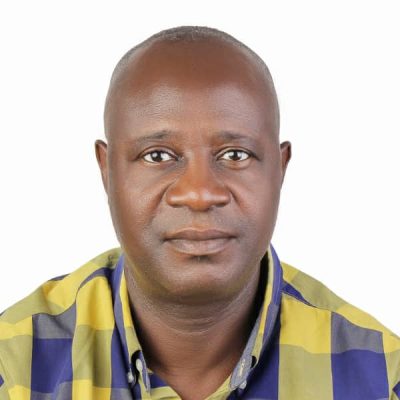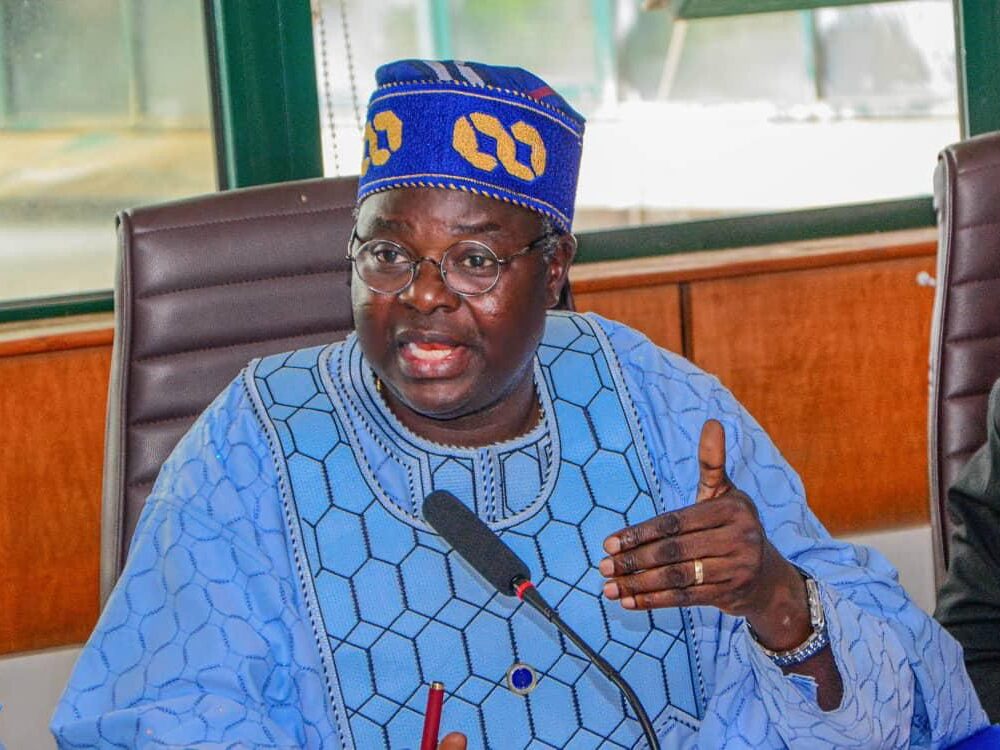Public Relations (PR) plays a crucial role in shaping the public perception of organizations and individuals. It is a profession that demands integrity, transparency, and effectiveness in communication.
However, there are instances where unscrupulous individuals engage in unethical practices, misrepresenting themselves as PR professionals. This article aims to shed light on the issue of quacks in PR and emphasizes the need to eradicate them through the establishment and enforcement of ethical standards.
The rise of quacks in PR can be attributed to the increased demand for PR services and the relatively low entry barriers in the industry. Unlike other regulated professions, such as law or medicine, obtaining a professional certification or license is not mandatory in many countries.
This lack of regulation allows individuals with minimal qualifications or experience to pose as PR practitioners, often misleading clients and undermining the reputation of the profession.
The consequences of allowing quacks to operate in the PR industry are far-reaching. Firstly, it compromises the credibility of the profession as a whole.
Clients who fall victim to unskilled or unethical practitioners may lose trust in the entire PR industry, hindering its growth and progress.
Secondly, quacks in PR can cause significant harm to the reputation of organizations they represent. Inaccurate and misleading information disseminated by unqualified practitioners can lead to misinformation, legal issues, and damage to a company’s brand image.
Eradicating Quacks: The Way Forward. To address the issue of quacks in PR, it is imperative to establish and enforce ethical standards within the profession.
Professional PR associations and regulatory bodies should work collaboratively to create a universally recognized set of ethical guidelines and best practices. These guidelines should cover areas such as honesty, transparency, confidentiality, conflict of interest, and respect for diversity and inclusion.
Additionally, governments should consider introducing mandatory licensing or certification for PR practitioners. This would ensure that only qualified professionals can operate in the field, promoting accountability and safeguarding the interests of both clients and the general public.
Continuing Professional Development (CPD) programme should also be encouraged to help PR professionals stay updated with the latest trends, technologies, and ethical practices. By investing in their professional growth, practitioners can enhance their skills, making it harder for quacks to thrive in the industry.
Furthermore, public awareness campaigns should be undertaken to educate clients and organizations on the importance of hiring legitimate PR professionals.
This can include providing information on the qualifications, certifications, and track records of reputable PR practitioners, therefore enabling clients to make informed decisions.
In conclusion, the presence of quacks in the PR industry poses a significant threat to its credibility and effectiveness. Eradicating these individuals requires a collective effort from professional associations, regulatory bodies, governments, and clients.
Establishing and enforcing ethical standards, promoting certification and licensing, and investing in professional development, the PR industry can protect its integrity and ensure that only qualified and ethical practitioners represent organizations and individuals.
Ultimately, the eradication of quacks in PR will contribute to a stronger profession that serves its clients and the public with integrity and professionalism.
Afolabi Olajuwon is a Fellow of the Nigerian Institute of Public Relations, Fellow of the Institute of Management Consultant, a Researcher and a resource person at the International Institute of Journalism, Abuja.





